Some things don’t need to be fixed!
When I launched my STEM Education startup in 2010 (iCreate to Educate), I was among the first wave of what would become a very popular entrepreneurial focus over the next few years, and still is today. A lot of the conversations that people talked about revolved around the things that deemed broken in the K12 classroom. Entrepreneurs, investors, politicians, school administrators, and even parents were talking about how terrible the school systems were, and how education needed to be fixed. At the time, and still today, I had a more positive outlook than most. I truly believe this optimism helped fuel the grassroots growth of my startup.
I recognized that schools already had a lot of fantastic things happening. Through iCreate, I wanted to help those fantastic things grow. From my perspective, there are 3 great things already happening in education. 1- Most kids enter the school system naturally curious and creative, surrounded by a world brimming with information; 2 – Many teachers extend themselves to adjust the traditional methods of teaching to meet the needs of these students; And 3 – through technology, we have increased access to teaching tools and other cultures around the world.
At iCreate, we focused on how we could connect creative students, ambitious teachers, and technology. Hence, to improve how learning happens in the classroom. Taking an opportunistic approach with a foundation in what’s already working helped iCreate become a very well-respected company among teachers and parents alike.
STEM or STEAM?
I like to think that creativity is inherent in STEM, but unfortunately that’s not often times the perception. If we have to add a letter in the acronym to help people understand that, so be it. I think that STEAM makes sense because it helps people understand/realize that creativity involves STEM.
More LEGO years to come
After a bit of reflection it seems I’ve landed on a couple of guiding stars to continue to follow in the year – and more – to come. I’ve learned it’s OK if the path ahead looks a bit messy and I don’t know what I’ll be doing in 10-years, but if I make decisions using the core of what I’m passionate about, then I’ll land in a place where I belong. It’s good to remember a hands-on approach to sharing ideas, especially ideas with a STEM foundation.
Finally, it’s only human nature to set out to fix something that seems broken. Perhaps sometimes all we need to do is to strengthen what’s working. How to strengthen what’s working is tough to figure out, but that’s where being comfortable with the unfamiliar winding path ahead and physically mocking up some solutions – maybe even with LEGO – can spark inspiration.
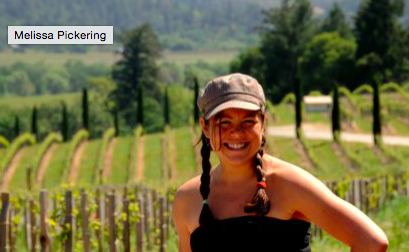

Melissa is Senior Design Manager at Lego Group in Denmark. She launched, built, and sold iCreate to Educate, a K-12 educational software startup. She relocated from the US to Europe in 2015 to start a new Danish life and LEGO career. You can check find out more about Melissa Pickering on her blog site: http://www.melissapickering.com/
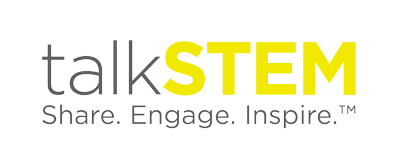
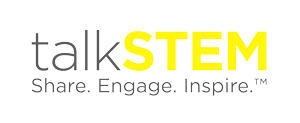
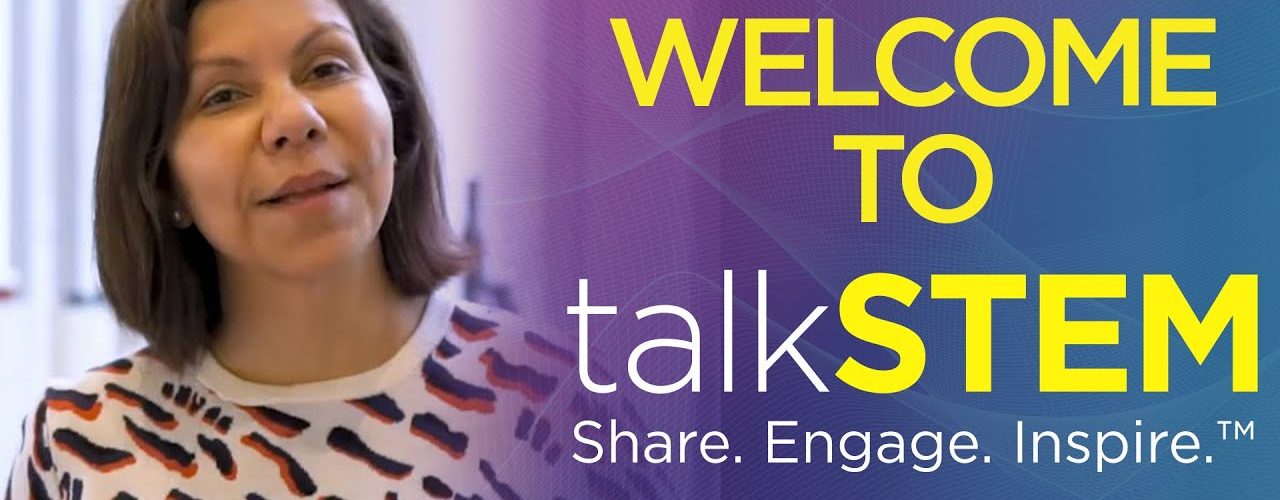
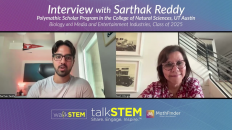
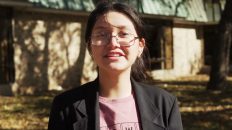



Add comment